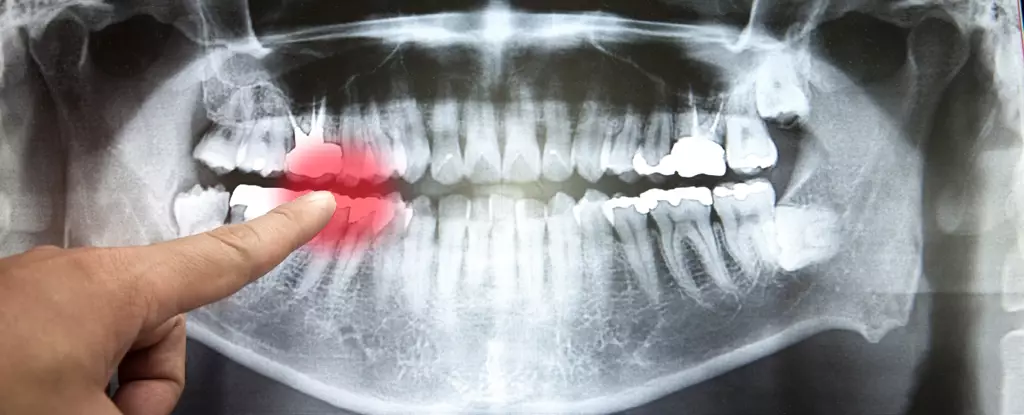The association between tooth loss and cardiovascular disease (CVD) risk has been a topic of interest in recent studies. It has been suggested that missing teeth can lead to a higher likelihood of experiencing heart-related issues such as heart disease, stroke, and other fatal events. This association is believed to be due to poor oral health, which is a known risk factor for CVDs. Pathogens that enter the bloodstream through the gums can cause infections that trigger inflammation and potentially impact the heart.
While some studies have indicated a link between tooth loss and CVD risk, others have found conflicting results. Factors such as smoking, exercise, diabetes, cholesterol levels, and blood pressure all play a role in heart health and can make it challenging to determine a causal connection. However, recent research suggests that tooth loss is a significant predictor of cardiovascular disease mortality, especially in individuals who have lost a substantial number of teeth.
Individuals who have lost all or most of their teeth have been found to have a 66 percent higher risk of dying from heart-related issues compared to those with fewer missing teeth. The risk remains elevated even among those with a moderate number of remaining teeth, indicating that severe tooth loss is a contributing factor to CVD mortality. This risk persisted even after adjusting for age, smoking status, and other critical confounding factors associated with CVD risk.
Improving oral health could potentially reduce the global burden of CVDs by addressing the link between tooth loss and cardiovascular disease risk. Providing better access to healthy foods and affordable dental care, especially in low- and middle-income countries and among older populations, may help mitigate this risk. With one-third of deaths worldwide attributed to CVDs, maintaining optimal oral health and preserving teeth are crucial aspects of overall health and well-being.
The connection between tooth loss and cardiovascular disease risk highlights the importance of oral health in maintaining heart health. By recognizing and addressing this association, individuals can take proactive steps to reduce their risk of heart-related issues and improve their overall quality of life. Further research is needed to fully understand the mechanisms behind this link and to develop effective interventions for promoting oral health and preventing cardiovascular disease.


Leave a Reply